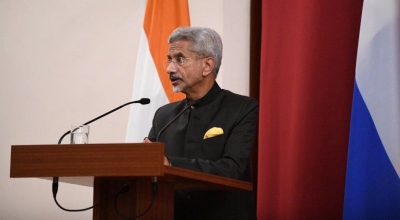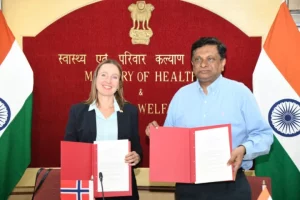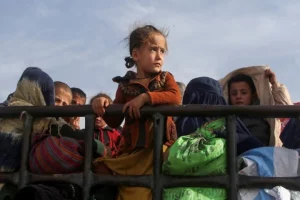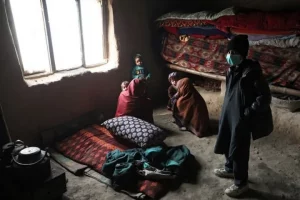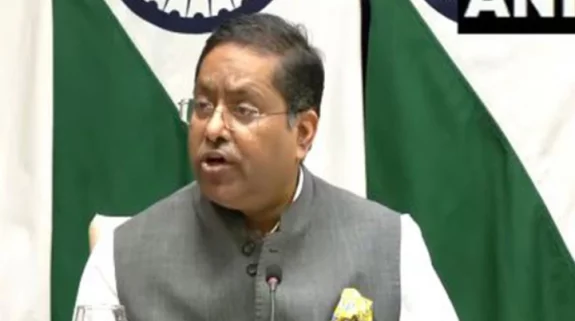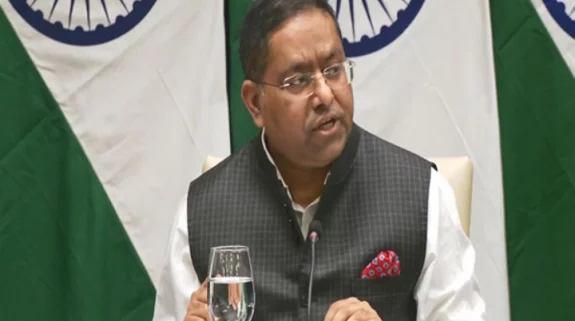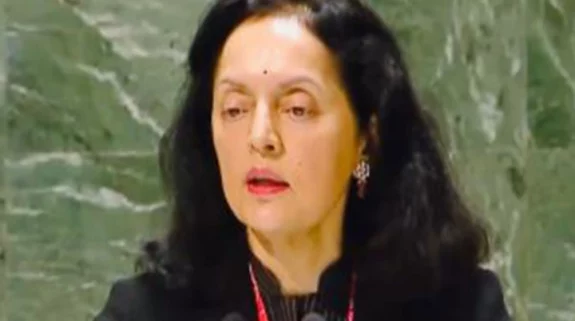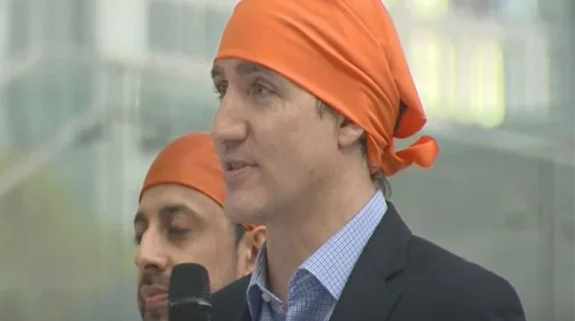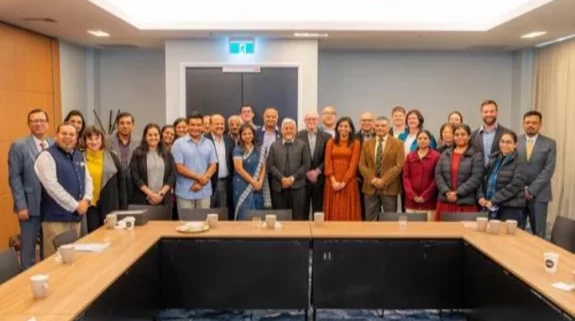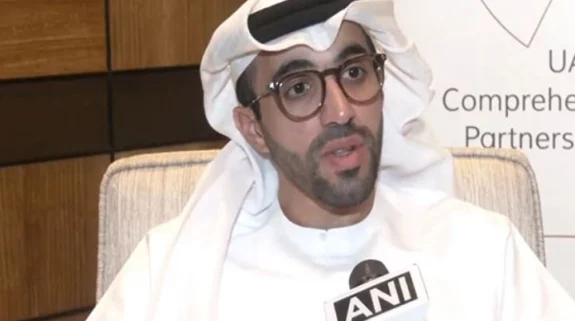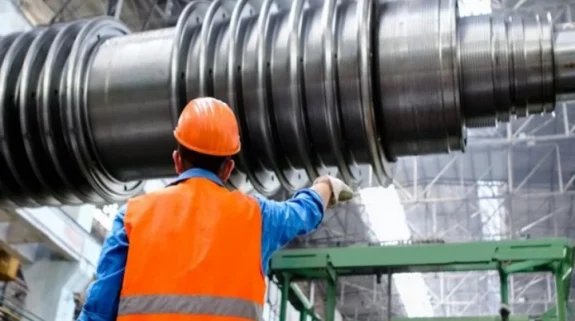With political contours rapidly changing in Afghanistan, India has adopted a wait and watch policy for now, even as countries like China, Russia and Iran have indicated that they are willing to engage with the Taliban. While New Delhi has not arrived at any consensus yet on the course of engagement with the Taliban, its future Afghanistan policy would also largely depend on the decision that the Islamic countries including Saudi Arabia and UAE take on Kabul.
For India, the natural resource-rich Afghanistan is of strategic economic importance. Besides, Kabul has been a key stakeholder in India’s energy projects which include the Turkmenistan-Afghanistan-Pakistan-India (TAPI) pipeline, though it has remained a non-starter. Questions over the Chabahar Port,and its integration with the International North South Transport Corridor (INSTC) have also risen sharply after the Taliban's takeover of Kabul on Sunday.
Nevertheless, it is certain that the Taliban regime, which will need huge resources to run the country, would need “economic” partners and it is in their interest to allow the critical infrastructure projects to continue. If the Taloban reaches out to India, that would not come as a complete surprise.
But the question that comes to the fore is: can the world trust Taliban 2.0?
With foreign aid thinning down, there is a latent sense of helplessness among the Taliban. "Resources are drying up very fast and inflow of aid would also slow down,” a source, who has been part of the Inda-Afghan track told India Narrative on condition of anonymity. “Many feel that there is not enough money to run the country for more than a few days,” he said.
Also read: Will Taliban 2.0 fulfill its promise of an inclusive government?
The large withdrawals from the banks by the locals have made things worse at a time when shipment of US dollars has stalled.
China has made it official: it is willing to help Afghanistan in rebuilding the nation.
Meanwhile, Prime Minister Narendra Modi, who chaired a meeting of the Cabinet Committee on Security (CCS) said that New Delhi will provide all possible assistance to “Afghan brothers and sisters who are looking towards India for assistance”.
India’s investments are about $3 billion in the country and bilateral trade between the two nations crossed the $1.5 billion mark in 2019-20. Several infrastructure projects including the 42 MW Salma Dam and the Zaranj-Delaram highway among others have been developed by New Delhi. Not just that. India also spent $90 million to complete the Afghan Parliament.
New Delhi, with its huge investments, has been a credible voice in the war torn country. Many analysts have said that India needs to re-engage with Afghanistan and not let China and Pakistan dominate the political dynamics.
“The priority for New Delhi is to ensure all Indian citizens (who are in Afghanistan) are safe. All other issues will be looked into later,” Gopal Krishna Agarwal, national spokesperson for the BJP told India Narrative.
India, given its economic stakes in Afghanistan and other central Asian and Middle East countries needs to take a pragmatic and well thought out view in charting out a new course of engagment with Afghanistan.






